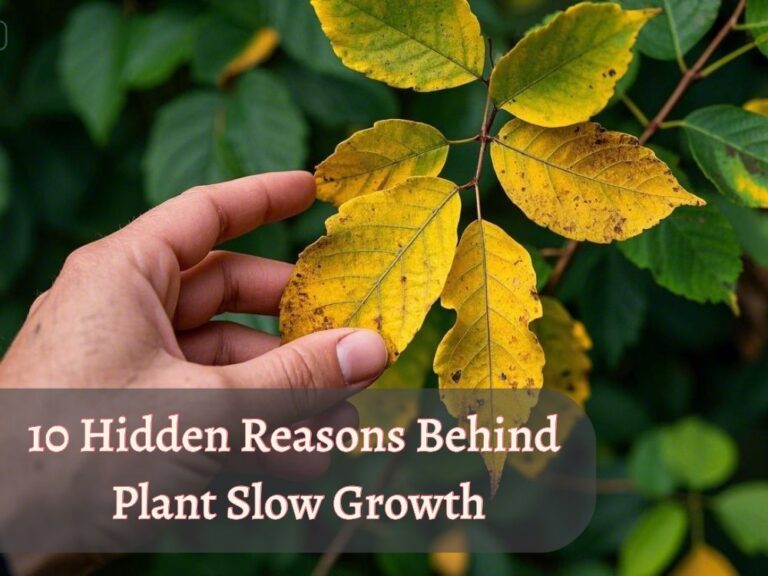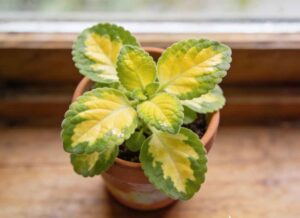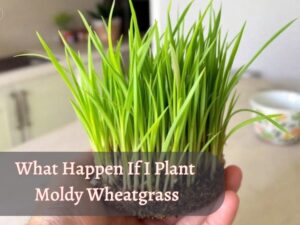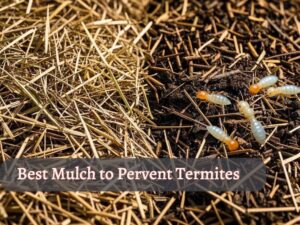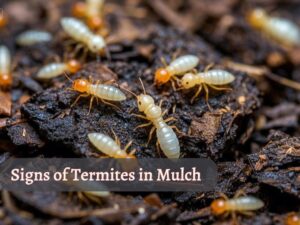Have you ever noticed that your plants are not growing well despite your complete care? In fact, plants are susceptible to their environment, so even a small mistake can affect plant growth. Several factors are causing slow plant growth, but we will describe ten main reasons.
Before moving forward, it is essential to understand how environmental factors affect plant growth and help you make a proper care plan for your garden.
- Understanding Plant Needs
- Reason 1: Is Your Soil Silently Starving Your Plants?
- Reason 2: Could Your Watering Routine Be Drowning Your Roots?
- Reason 3: Are Unseen Pests Wreaking Havoc on Growth?
- Reason 4: Does Your Garden Get Enough Light—or Too Much?
- Reason 5: Are Competing Plants Stealing Nutrients and Space?
- Reason 6: Hidden Nutrient Imbalances: What Your Leaves Are Trying to Tell You
- Reason 7: Is Your Garden Facing a Microclimate Mismatch?
- Reason 8: The Secret Role of Fungi: Are Your Roots Missing the Connection?
- Reason 9: Is Wind Stressing Out Your Plants More Than You Think?
- Reason 10: Are Chemical Residues Holding Back Your Garden's Potential?
- Explore Related Topics to Improve Your Garden's Health
- Final Thoughts
Understanding Plant Needs
Do you know what exactly your plant wants? An environment that meets plant preference! Yes, Each plant requires specific conditions for optimal growth.
The plant health depends on understanding their basic needs. Every plant needs sunlight, water, and proper soil, but these needs can vary for each type of plant. Environmental factors such as climate, weather, and wind also affect their growth. Native plants are often better suited to the local climate, while exotic plants require more attention and care.
10 Big Reasons Why Your Plants Are Struggling to Thrive in Their Environment
Here, we will explore hidden reasons affecting plant growth and their solutions to manage it properly and enhance overall plant health. solutions
Reason 1: Is Your Soil Silently Starving Your Plants?
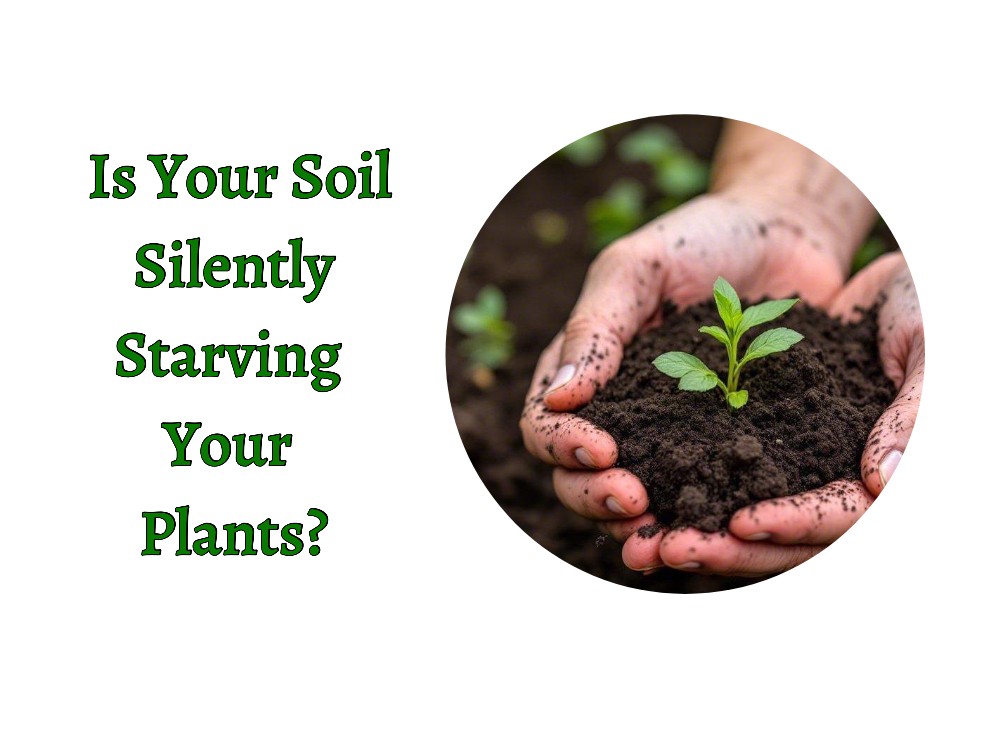
Plant soil might appear healthy but often suffers from essential nutrient deficiencies such as nitrogen and potassium. Due to this, you can’t understand why your plants are not growing well.
Do you Know? Nitrogen is crucial for plant green leaves, while potassium helps to produce flowers and fruits.
Solution:
Check soil nutrients and pH levels every six months or use compost or fertilizer to balance nutrient and reactive soil performance for better plant growth. Remember to use suitable fertilizer or compost according to plant needs.
Tip: If the soil is too acidic and your plant prefers neutral, you can use calcium carbonate fertilizer to balance soil acidity. Here’s discover 5 proven benefits of Calcium Carbonate for plants.
Reason 2: Could Your Watering Routine Be Drowning Your Roots?
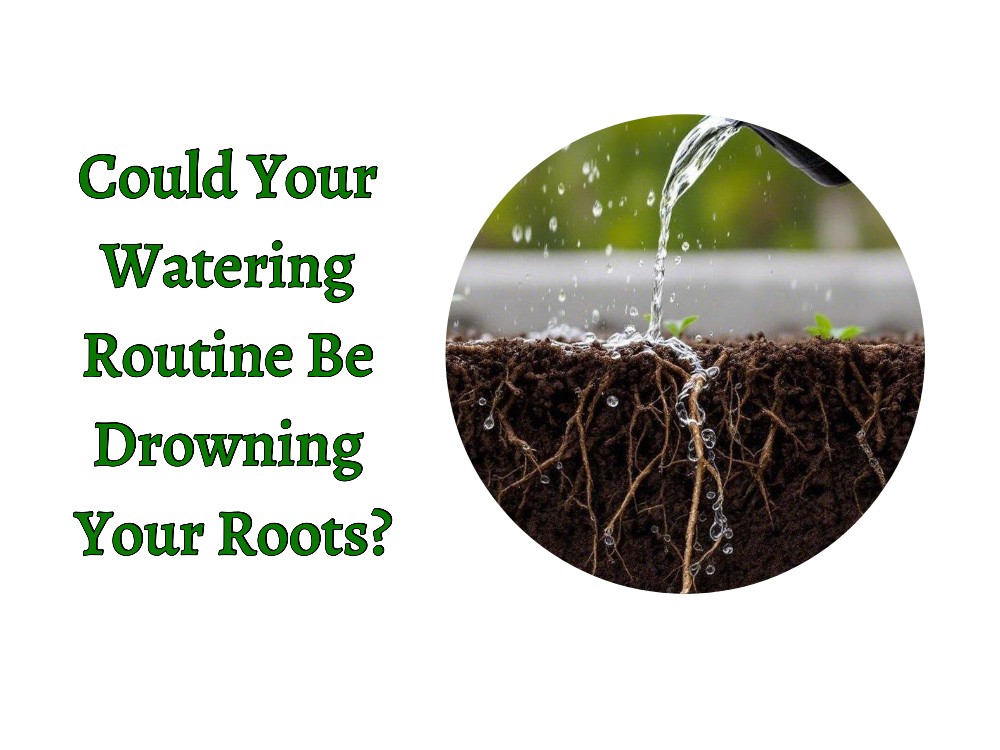
If plants get too much water (overwatering), roots can’t take proper oxygen, causing root rot and suffocate. On the other hand, roots can not take essential moisture through underwatering (less watering), weakening the plant. Both situations affect plant growth and overall health.
That’s why understanding how much you water plants is vital, as each plant prefers a specific watering schedule with other factors.
Solution:
Set a consistent watering schedule for each plant according to their preference and use a moisture meter to identify moisture level and compare it with plant watering preference. However, you can check watering needs by touching the soil; if it feels too dry, water the soil.
Reason 3: Are Unseen Pests Wreaking Havoc on Growth?

Beyond pests and disease, some other pests, such as nematodes or termites, are hidden pests that silently damage plant stems, roots, or leaves. And the gardener doesn’t know it. These hidden pests disrupt the growth of their plants, and if you don’t take timely action, their damage can be irreversible.
Solution:
Check for hidden pests and use neem oil or organic pest control methods to prevent them. If you notice any insolation in the roots or soil, treat the area properly and make your gardening practices organic.
Reason 4: Does Your Garden Get Enough Light—or Too Much?
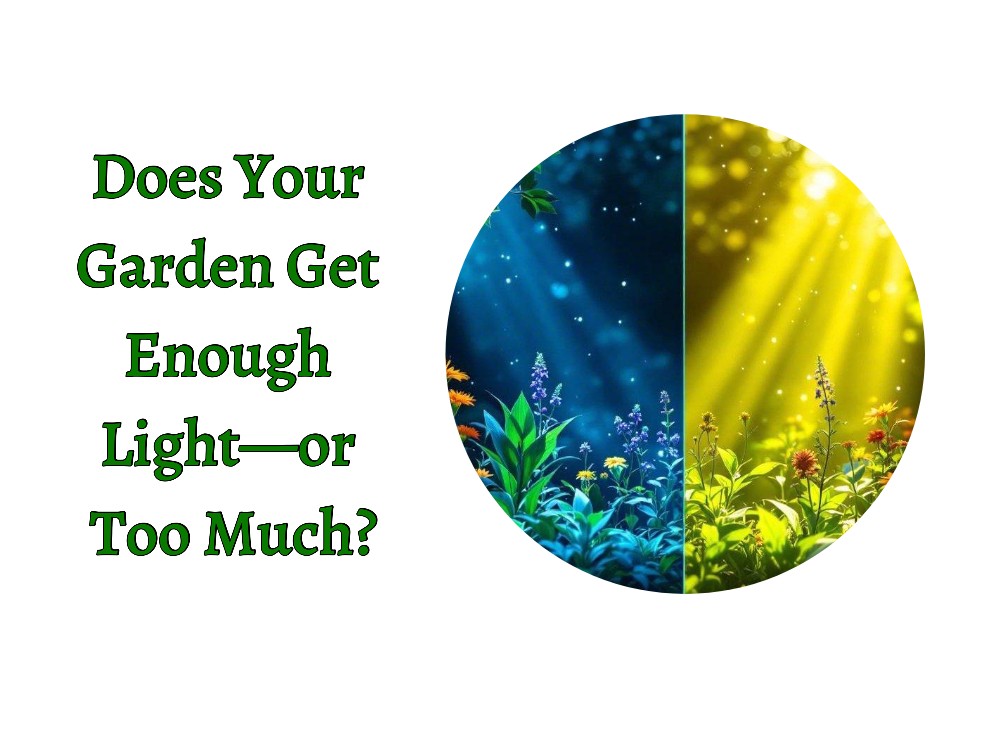
Each plant thrives under specific light requirements. Some plants prefer full sunlight, while some grow in partial shade. If plants get too much light, their leaves burn and damage, while when they achieve less sunlight, the photosynthesis process slows. If misaligned, these plants cannot grow to their full potential.
Solution:
Understand which plant prefers full sun and which only partial shade, adjust location accordingly, and understand light requirements for each plant in your garden. If your garden gets a lot of direct sunlight, you can use reflective surfaces that will diffuse the sunlight.
Reason 5: Are Competing Plants Stealing Nutrients and Space?
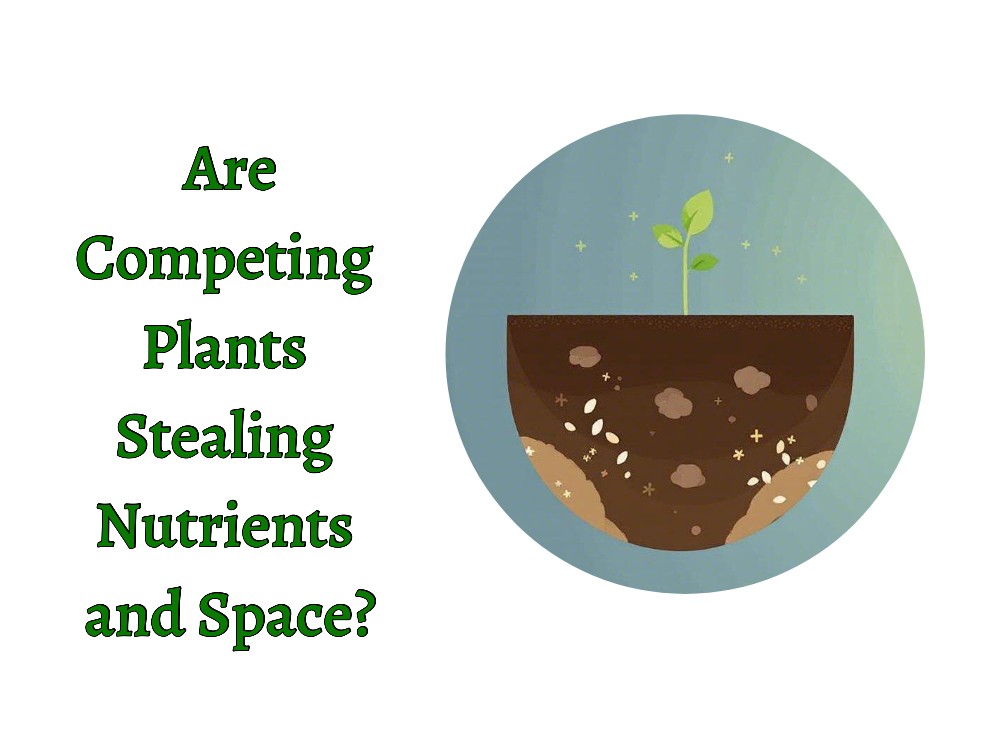
Weeds and invasive plants that grow in your garden steal nutrients, water, and sunlight from your main plants. These plants suppress your healthy plants through their aggressive growth habits, and the gardener may not realize it until the plants are weakened. This happening occurs when gardeners grow competitive plants together.
Solution:
Keep your garden weed-free regularly. You can use mulch to prevent weeds from growing. In addition, aerating the soil provides the resources for healthy plants.
Reason 6: Hidden Nutrient Imbalances: What Your Leaves Are Trying to Tell You

Many gardeners apply fertilizers but don’t understand how a specific nutrient imbalance affects the plant. For example, a nitrogen deficiency can cause yellowing of leaves, while a phosphorus deficiency can affect flowering and fruiting. An imbalance of magnesium or calcium can cause yellowing or curled leaves.
Solution:
Get your soil tested regularly and apply fertilizers with a targeted approach. Also, check for deficiencies in micronutrients like boron and zinc. Each garden section may have a different soil profile, so custom treatments are essential.
Reason 7: Is Your Garden Facing a Microclimate Mismatch?

Not every area of the garden has the same temperature and humidity. For example, a south-facing wall will absorb more sunlight, while a shady corner may be cooler and more humid. If plants are in their ideal microclimate, they will become stressed.
Solution:
Observe the garden and understand which sunlight, shade, and water availability are in each area. Then, we will plant the plants, such as shade plants in the shady area and drought-tolerant plants in the dry area.
Reason 8: The Secret Role of Fungi: Are Your Roots Missing the Connection?

A special type of fungi, mycorrhizae, forms a symbiotic relationship with roots that improves nutrient absorption. If the soil has no beneficial fungi, your plants’ natural nutrient uptake process is compromised. It is a hidden reason gardeners often overlook. Here is the evidence: Biome Makers Blog
Solution:
Adopt organic gardening methods, avoid synthetic chemicals like fertilizers, and use mycorrhizal fungi inoculants in the soil, which improve root and soil health. Avoid overuse of synthetic chemicals that destroy fungi.
Reason 9: Is Wind Stressing Out Your Plants More Than You Think?
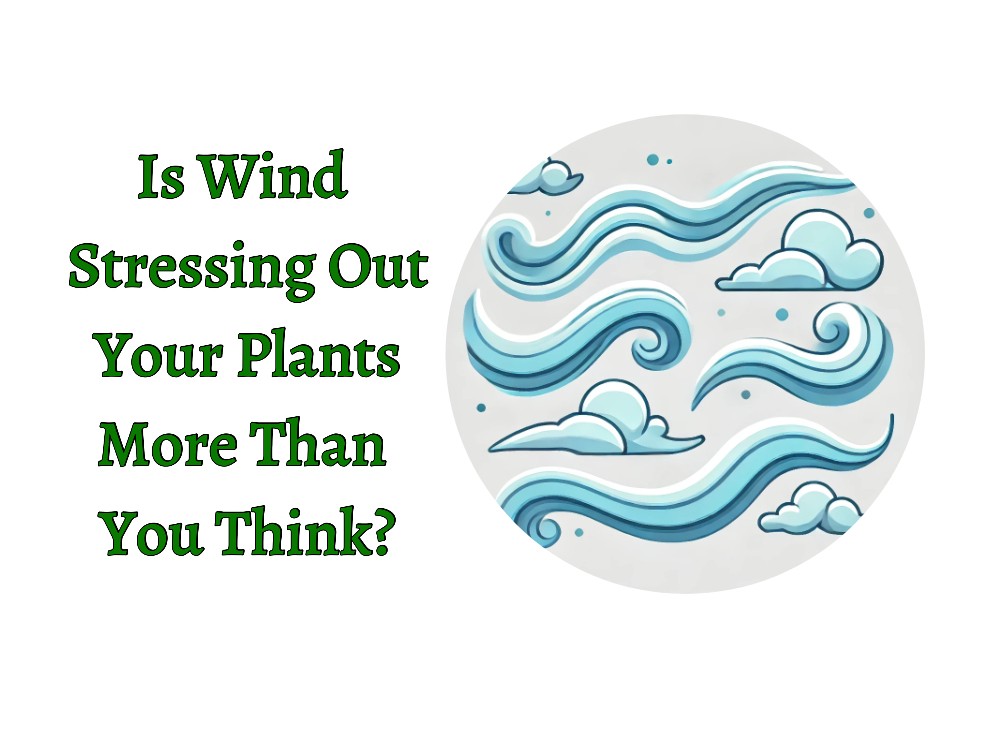
Strong winds damage plant leaves and worsen water loss through excessive transpiration. This stress is especially difficult for flowering and fruiting plants. It is a subtle factor affecting garden health but is often not noticed. This problem is more damaging for young plants.
Solution:
Install windbreaks for windy areas of the garden, such as tall plants, shrubs, or garden fences. Grow sensitive plants in sheltered spots.
Discover here how to grow plants along the vinyl fence!
Reason 10: Are Chemical Residues Holding Back Your Garden’s Potential?

Residues from previously used pesticides, herbicides, or contaminated water can remain in the soil, negatively affecting plant root growth and nutrient absorption. These residues are also detrimental to long-term soil health and can block the absorption of nutrients.
Solution:
Use soil decontamination techniques such as bioremediation (using plants and microorganisms). When using chemicals, prefer environmentally friendly and biodegradable options. Effective bioremediation techniques for soil detoxification can significantly improve soil health and remove harmful residues.
Explore Related Topics to Improve Your Garden’s Health
If you’re looking for more tips on boosting your garden’s health and ensuring your plants thrive, check out these helpful articles:
- Spring Plants: What to Plant and When
- What is Considered Early Summer for Gardening
- Why Are Seeds Popping Out of the Soil When Worms Fertilize?
- Preparing Garden for Winter and Spring
Final Thoughts
If you want your garden to be healthy and thriving, understand that each plant has specific needs. For example, sunlight, water, and soil quality directly affect their growth. If you notice that your plants are not growing well, the first thing to do is to review your watering routine and soil health.
Another important thing to consider when it comes to soil health is that chemical residues such as pesticides or herbicides can contaminate the soil in the long term, blocking plant root growth and nutrient absorption.
Of course, it is best to use safe and biodegradable chemicals in your garden, and if necessary, you can also incorporate methods such as bioremediation to detoxify the soil.
Some areas have temperatures and humidity levels that are not ideal for plant growth. You can create the best conditions for your plants by understanding your garden’s microclimate.
If you regularly monitor the health of your plants, understand the factors, and take appropriate action, your garden can become more productive and beautiful. It just takes a little patience and care.
